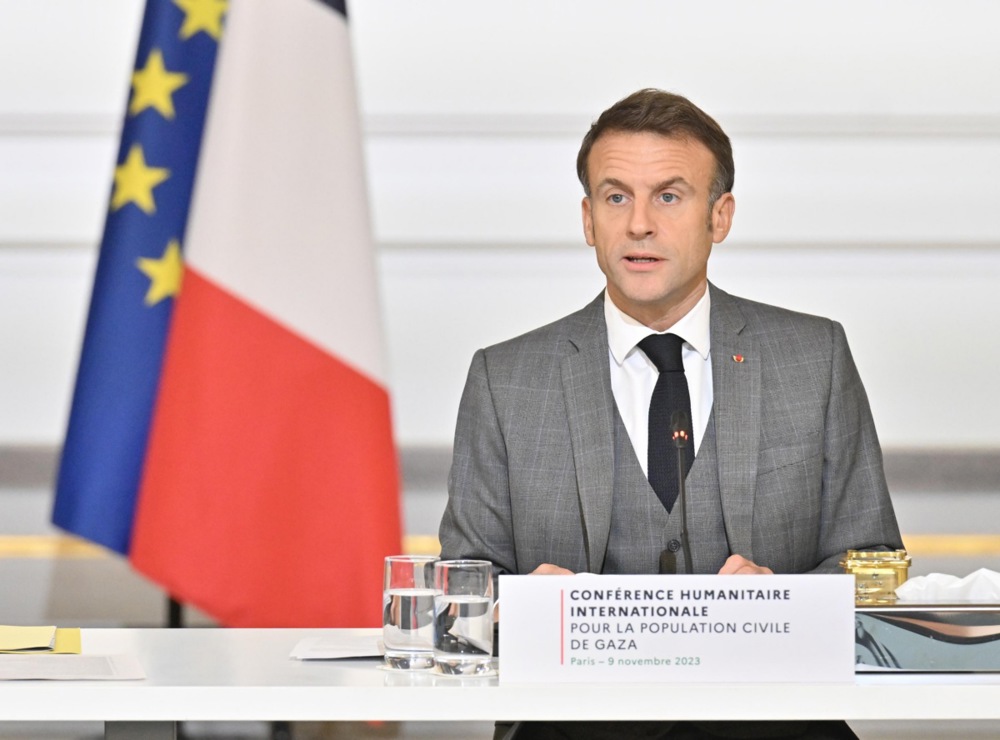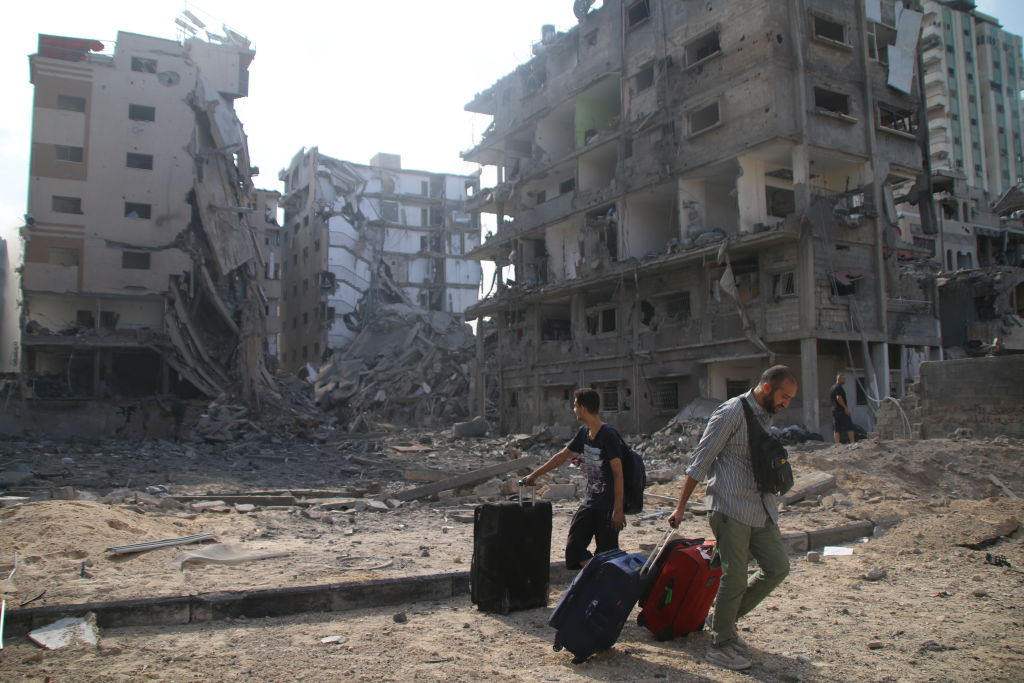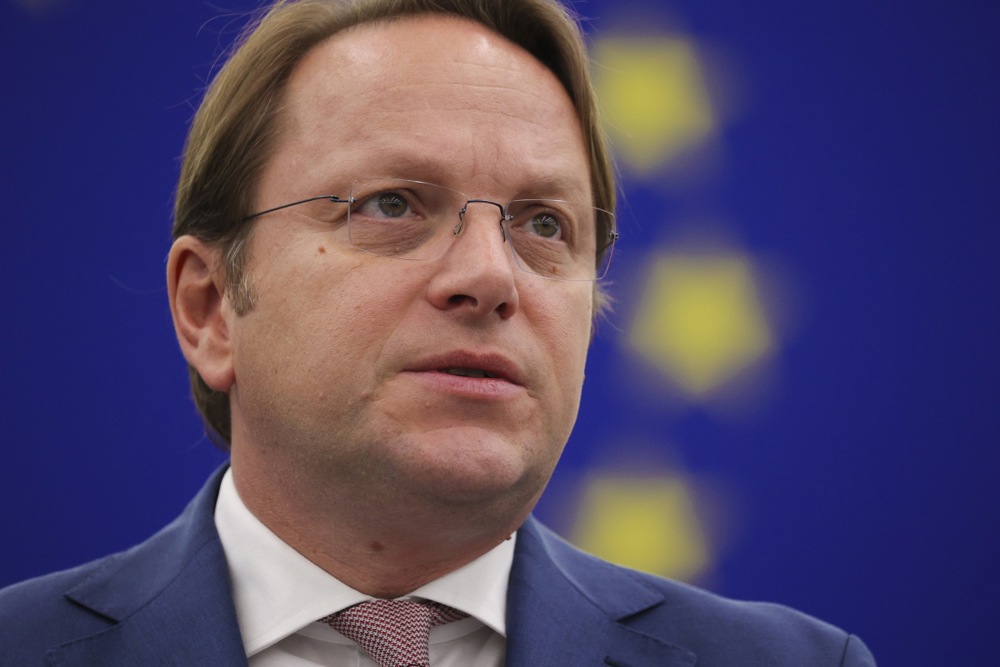Questions are being raised about the European Commissions’ claim that no evidence has been found of money being diverted for unintended purposes in Palestine.
The EC wanted to reassure all concerned that no funds were going to terror organisations such as Hamas or the Palestinian Islamic Jihad, following the October 7 attack by Hamas on Israel. On November 22, the EC released its review of ongoing financial assistance for Palestine.
In Israel, some are doubtful about the EC’s work, noting that the executive’s “comprehensive review” happened while an active war is going on and Gaza is under siege.
In it, the EC said that there was no evidence of misuse .
Olga Deutsch, vice president of the Israeli non-profit NGO Monitor, told Brussels Signal she read the communication “with concern”.
She noted the EC had been able to complete such a comprehensive review of all relative projects in record time.
“Additionally, [given] the seriousness of the situation after the October 7 massacre, [the review] should have been done by an independent body, not by the Commission itself.”
Deutsch said the EC “only checked if the existing safeguards are effective”.
“However, the existing safeguards do not provide tools that would be able to assess cases of incitement to violence, terror glorification, etc.”
She also found what she said was a loophole in the system: “The existing so-called anti-terror clause sanctions individuals who appear on the EU list of restrictive measures.
“However, this list does not include any individuals affiliated with designated Palestinian terror organisations such as Hamas, Islamic Jihad, and PFLP,” she said.
NGO Monitor welcomed the decision to introduce a new regulation that should prohibit incitement to violence but said it needed more details on that regulation to form an opinion.
“In any case, this new condition will be effective for future projects, which only further underlines the inability of existing safeguards to address the issue of incitement.
“In general, we believe the EC should fundamentally revise its approach to providing development and humanitarian aid in the Palestinian context,” Deutsch said.
“This includes a definition of objectives, more robust conditions, choice of grantees, clear communication of EU values, monitoring, reporting, and accountability,” she concluded.
The NGO network continues to deny Hamas’ systematic exploitation of hospitals in Gaza – despite the evidence.
This is not an oversight, but rather a feature of their anti-Israel strategy. NGOs ignore the overwhelming evidence attesting to Hamas’ use of Al-Shifa and other… pic.twitter.com/1pcD27sDQh
— NGO Monitor (@NGOmonitor) November 21, 2023
The EC review screened the portfolio of ongoing operations under its NDICI and that group’s predecessor ENI, comprising 119 contracts from different budget lines.
The portfolio was scrutinised operation-by-operation to assess the feasibility of the projects.
This was based on factors such as the location and type of project and the capacity of the implementing partners to deliver in the current circumstances. Alongside that, the level of priority of the needs, the flexibility to adapt a project to changing circumstances and the European Union’s interest in remaining involved were also considerations.
The study has identified a list of € 75.6 million “non-feasible” projects.
“The EU is the largest international donor of aid to the Palestinians. After the terrible events of October 7, a careful review of our financial assistance was necessary,” EC President Ursula von der Leyen said.
“This review has confirmed that the safeguards in place are effective. Work is now ongoing on the design of our future support to the Palestinians in view of the changing and still evolving situation.”
After reviewing our financial aid to Palestine, no evidence has been found to date that money has been diverted for unintended purposes.
The EU remains the largest donor to the Palestinians, and work is now ongoing on our future support in view of the still evolving situation.
— European Commission (@EU_Commission) November 21, 2023
EU aid to the Palestinians through the European Joint Strategy 2021-2024 amounts to almost €1.2 billion.
This includes direct contributions to the Palestinian Authority through the EU’s PEGASE mechanism created in 2008.





